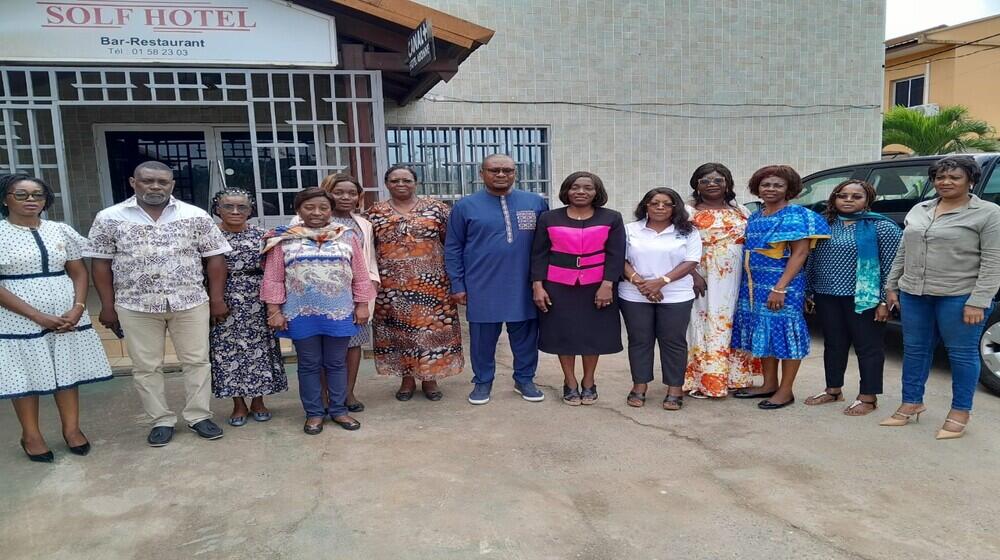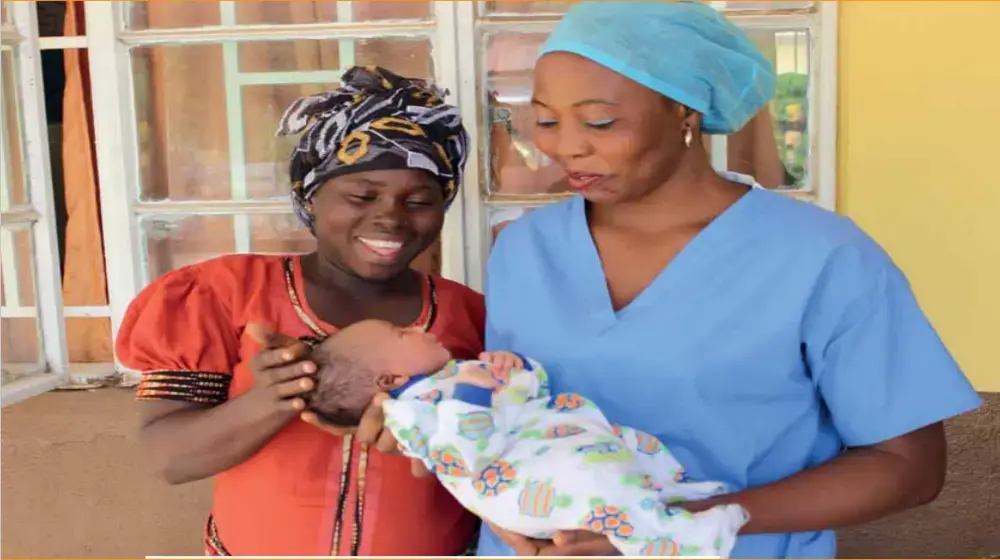Workshop on Updating Protocols for the Management of Emergency Obstetric and Neonatal Care (SONU) and the Development of Posters, Algorithms, and Registers.
As part of the effort to improve maternal and neonatal healthcare, the Directorate of Family Health (DSF), in collaboration with the United Nations Population Fund, organized a workshop for the development and updating of SONU protocols, algorithms, and registers in Lambaréné, from August 26 to 30, 2024. This meeting was followed by validation sessions in Libreville on September 19, 20, and 27, 2024.
The primary objective of these workshops is to provide healthcare facilities with updated tools for effective management of obstetric and neonatal complications. The adopted methodology included group work, allowing participants to review and propose amendments to existing protocols. This collaborative exchange facilitated collective reflection on best practices to be implemented.
Although the workshops benefited from the presence of professional societies and a comfortable working environment, several weaknesses were identified. These included the absence of neonatologists, a lack of technical partners, and intermittent power outages that disrupted the sessions.
The recommendations formulated at the end of these workshops include equipping healthcare facilities with essential SONU medical equipment and training healthcare providers to use the newly developed tools. The next steps involve reproducing the developed tools and training healthcare professionals in their use. These efforts will thus contribute to improving the care provided to women and children in Gabon.





